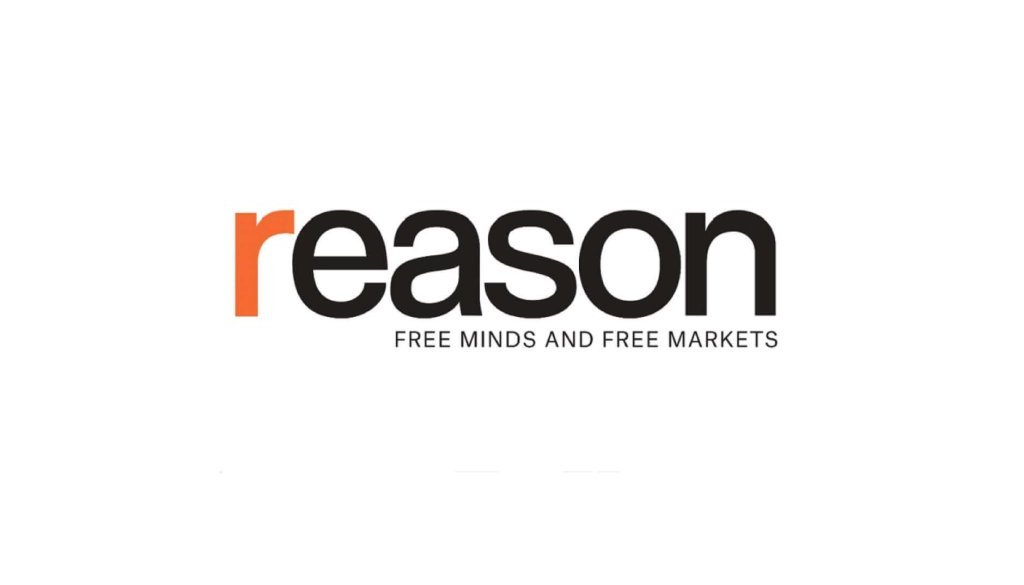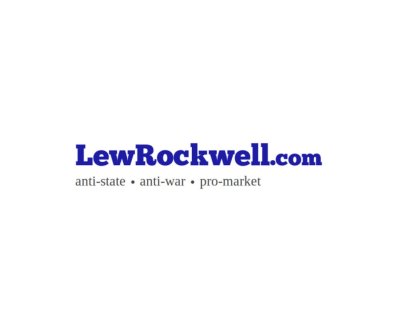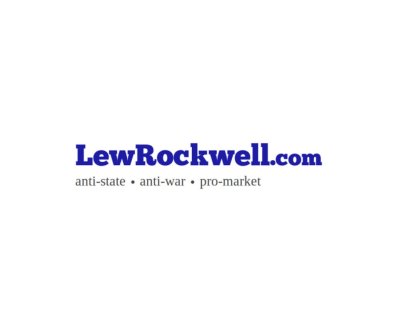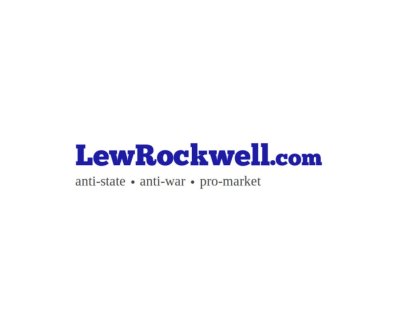Are We Headed for Another Disaster With Fannie and Freddie?
The movie The Big Short—dramatizing the reckless behavior in the banking and mortgage industries that contributed to the 2008 financial crisis—captures much of Wall Street’s misconduct but overlooks a central player in the collapse: the federal government, specifically through Fannie Mae and Freddie Mac.
These two government-created and government-sponsored enterprises (GSEs) encouraged lenders to issue risky home loans by effectively making taxpayers cosign the mortgages. This setup incentivized dangerous lending practices that inflated the housing bubble, eventually leading to catastrophic economic consequences.
Another critical but overlooked factor in the collapse was the Community Reinvestment Act. This federal statute was intended to combat discriminatory lending practices but, starting in the 1990s, instead created substantial market distortions by pressuring banks to extend loans to borrowers who might otherwise have been deemed too risky. Under threat of regulatory penalties, banks significantly loosened lending standards—again, inflating the housing bubble.
After the bubble inevitably burst, Fannie and Freddie were placed under conservatorship by the Federal Housing Finance Agency. The conservatorship imposed rules aimed at preventing future taxpayer-funded bailouts and protecting the economy from government-fueled market distortions.
Now President Donald Trump’s appointee to lead that agency, Bill Pulte, is considering ending this conservatorship without addressing the core structural flaw th
Article from Reason.com

The Reason Magazine website is a go-to destination for libertarians seeking cogent analysis, investigative reporting, and thought-provoking commentary. Championing the principles of individual freedom, limited government, and free markets, the site offers a diverse range of articles, videos, and podcasts that challenge conventional wisdom and advocate for libertarian solutions. Whether you’re interested in politics, culture, or technology, Reason provides a unique lens that prioritizes liberty and rational discourse. It’s an essential resource for those who value critical thinking and nuanced debate in the pursuit of a freer society.




